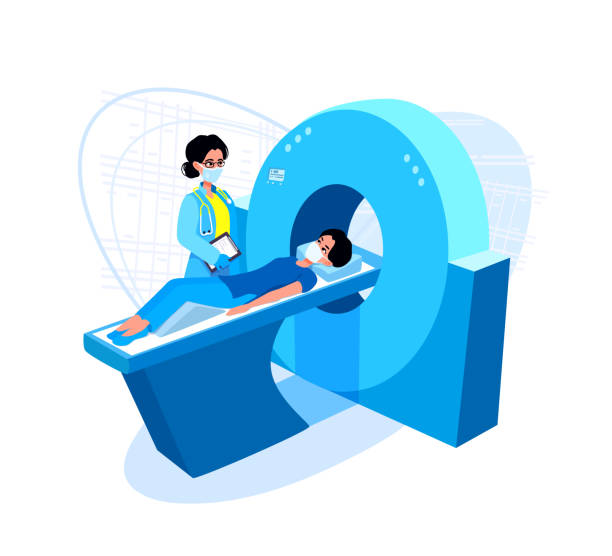Radio Technician


Radio Technician

Public Health Administration

Pharmacy

Optometry

Occupational Therapist

Nursing

Medical Laboratory Technology

Clinical Report

Audiologist
Radio technicians are a group of allied medicine professionals who are trained to use medical imaging techniques, such as x-rays, computed tomography (CT), magnetic resonance imaging (MRI), nuclear medicine, positron emission tomography (PET), and ultrasound for creating images of a patient’s internal anatomy to diagnose injury or disease. Imaging techniques involve the use of radiation, hence it is very important to have adequate training and understanding of radiation safety and protection.

:
Career Roles & Responsibilities
1) Maintain programming logs, as required by station management and the Federal Communications Commission.
2) Control audio equipment to regulate the volume and sound quality during radio and television broadcasts.
3) Monitor strength, clarity, and reliability of incoming and outgoing signals, and adjust equipment as necessary to maintain quality broadcasts.
4) Regulate the fidelity, brightness, and contrast of video transmissions, using video console control panels.
5) Observe monitors and converse with station personnel to determine audio and video levels and to ascertain that programs are airing.
6) Preview scheduled programs to ensure that signals are functioning and programs are ready for transmission.
7) Select sources from which programming will be received, or through which programming will be transmitted.
8) Report equipment problems, and ensure that repairs are made; make emergency repairs to equipment when necessary and possible.
9) Record sound onto tape or film for radio or television, checking its quality and making adjustments where necessary.
10) Align antennae with receiving dishes to obtain the clearest signal for transmission of broadcasts from field locations.
- Most colleges have eligibility criteria of a minimum of 50% aggregate marks in Class XII / and some of a minimum 60%.
- Must have passed class 12th or senior secondary examination with at least 50% marks including English.
- Some colleges/ universities also have an age limit (17 on 31st December of the year of admission).
- Diagnose and treat patients through medical imaging techniques
- Create images using CT scans, MRIs, X-rays, ultrasounds, etc.
- Be aware of the body parts that are to be evaluated
- Monitor the safety measure before and during the imaging
- Be able to interpret the reports correctly
- Brief and console the patient about the procedure
- Communicate with the patient with empathy and care
- Organise the accounts and reports of the patients in a proper manner
- Remain well versed with different machines and their technology
- Perform duties in line with the ethical standards
Career Pros Details
- By working with physicians, they help in monitoring disease progression or they help in diagnosing a particularly dangerous ailment to prevent it from spreading or causing further harm to a patient.
- The demand for radiologist is on high as many interventional radiological procedures are replacing surgical procedures.
- You will get the opportunity to work with technology.
:
Career Cons Details
- The work is less challenging as other field of allied medicine.
- The patient contact is very less. Interaction is only during the procedure.
- You would be required to read and be updated with the technology
Many radio technicians have operated amateur radios or worked with hobby kits in their spare time, and others have worked in college radio or news broadcasting. Manual dexterity is important, and radio technicians must have a tolerance for sometimes inconsistent work hours and off-hours repair calls. It's beneficial to have a natural grasp of electronic systems and equipment, as well, though many radio technicians learn these concepts on the job.





